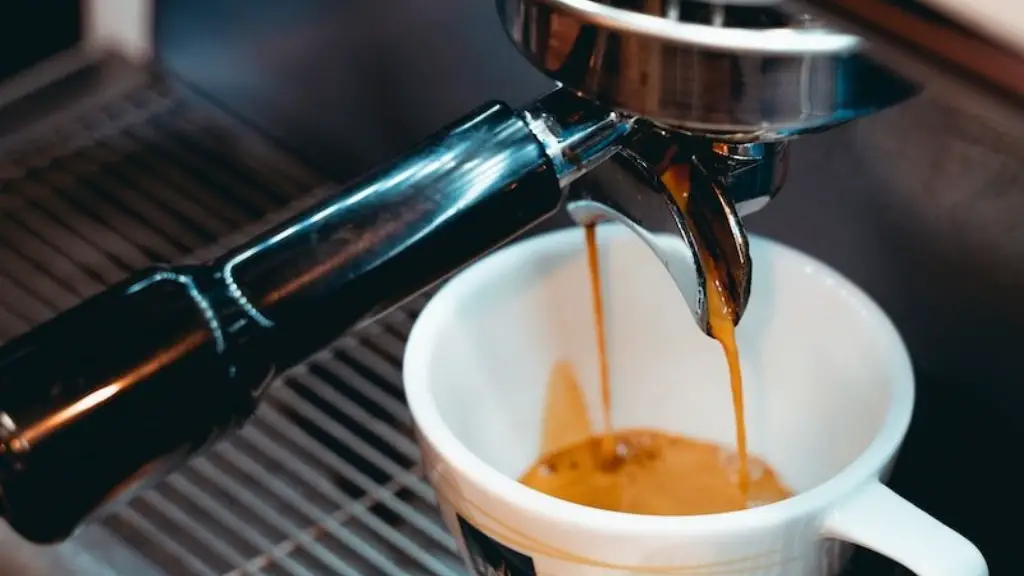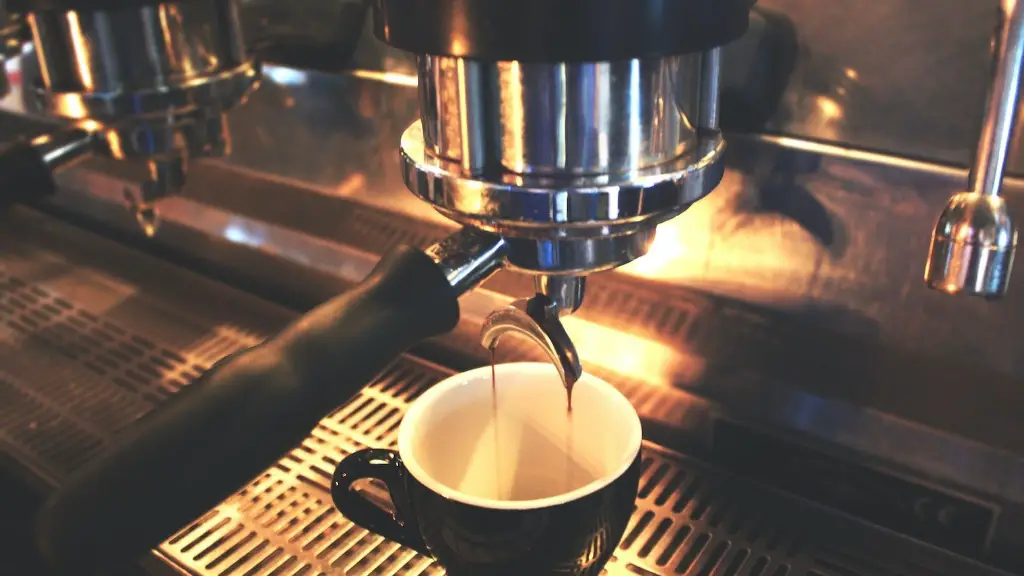Caffeine Content in Coffee
Coffee is well-known for its caffeine content and is a popular source of energy for many people around the world. It’s said to increase alertness, improve concentration and reduce fatigue. But for people at risk of gallbladder attacks, the effects of caffeine on their bodies can be of particular concern. Caffeine helps increase the production of bile, but as a stimulant, if taken in excessive amounts, it can cause jitteriness, restlessness, and even physical discomfort. In addition to caffeine, coffee contains different types of acids, including citric, malic, and chlorogenic acid, which can irritate the digestive tract, leading to digestive discomfort.
Digestive Issues Associated with Coffee
Coffee can also contribute to digestive issues such as irritable bowel syndrome, a condition that can lead to abdominal pain and cramping. People who suffer from irritable bowel syndrome often have a gallbladder attack which can result from the gallbladder being unable to store bile, leading to an infection. This infection can then cause inflammation, as well as pain in the abdominal area. Coffee may also irritate the stomach lining, which can lead to abdominal cramping and diarrhea, as well as an increased risk for gallbladder problems.
Coffee’s Effects on the Gallbladder
Research has found that coffee can have powerful effects on the gallbladder. When consumed in large amounts, it can lead to the gallbladder contracting faster and more intensely. This can cause a sudden and sharp pain in the upper right side of the abdomen, known as a gallbladder attack. Coffee can also cause discomfort in the form of nausea or vomiting, and some people may experience increased heart rate, abdominal pain, and chills. For those suffering from gallbladder issues, it’s important to reduce or avoid caffeine — including coffee.
Alternative Beverages
Those who are looking to reduce caffeine intake can opt for alternative beverages, such as herbal tea, green tea, and matcha tea, that can provide a similar boost of energy, without the risk. Decaf coffee can also be an option, as it generally has substantially lower levels of caffeine. Additionally, a balanced diet and regular exercise can help to reduce the risk of gallbladder attacks.
Expert Advice
Experts agree that drinking coffee can be beneficial or detrimental, depending on your individual health and needs. Excessive caffeine intake can cause health issues, including disruptions in sleep, dehydration and can also worsen anxiety and digestive issues. Elizabeth G. Williams, a gastroenterologist and internal medicine specialist, warns against drinking too much coffee, as it can increase the risk of gallbladder and digestive issues. However, she also notes that although caffeine can irritate and disrupt the gallbladder, coffee can also be beneficial for overall health, so the key is to find the right balance for an individual’s lifestyle and health.
Coffee as Part of a Balanced Diet
Coffee can be included as part of a balanced diet and lifestyle, as moderate consumption can improve alertness and energy. Adding some milk, cream or syrup to coffee can also help to reduce the effects of the fast-acting caffeine, making it easier to digest. If one is looking to reduce the risk of gallbladder issues, a good approach is to try to reduce consumption to no more than three cups of coffee per day. Additionally, it’s important to get enough water to stay hydrated and to not drink coffee on an empty stomach.
Caffeine Withdrawal
For those who are very accustomed to drinking coffee regularly and suddenly stop, they may experience withdrawal symptoms such as headaches or fatigue. To minimize the effects of caffeine withdrawal, it’s important to taper off slowly, allowing the body time to adjust and for the body to naturally reduce the dependence on the stimulant.
Understanding the Link Between Coffee and Gallbladder Attacks
While it has been observed that coffee can contribute to gallbladder attacks, the exact mechanism is still not completely understood. It is possible that because of its stimulating properties, it affects the rate at which the gallbladder needs to contract in order to break down the bile, which can lead to a gallbladder attack. Therefore, it is best to assess individual health and lifestyle needs in order to determine how much coffee can be safely consumed in order to minimize the risk of gallbladder attacks.
Risk Factors for Developing Gallbladder Attacks
There are several risk factors associated with developing gallbladder attacks, which include obesity, high cholesterol, and high-fat diets. Additionally, age, gender, genetic predispositions, and taking certain medications can also increase the risk. Those who have a family history of gallbladder problems should be especially cautious of their risk.
Managing Stress Levels to Reduce Gallbladder Attacks
Stress can often trigger gallbladder attacks and efforts should be taken to reduce stress levels when possible. Exercise, spending time outdoors, deep breathing and positive relaxation techniques, such as yoga or tai chi, can all be helpful ways to cope with stress and reduce the risk of gallbladder attacks.
Conclusion
The potential effects of coffee on the gallbladder are complex and highly individual. Reducing the amount of coffee one drinks can help to reduce the risk of a gallbladder attack, though there are other contributing factors to consider, such as diet, lifestyle, and stress levels. For those at a higher risk for gallbladder issues, it’s important to understand individual risk factors and seek medical advice if necessary.


